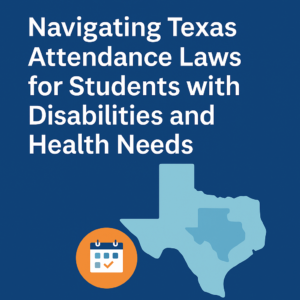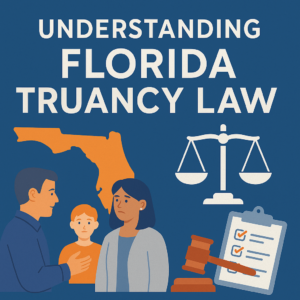Many schools don’t understand school avoidance, so parents must take on the role of advocate and educator. You may feel judged at times and resentful if you are not getting the help you need.
Introducing, the Ultimate Guide to Working with Your School.
Parents get easily overwhelmed when they start hearing about IEPs and 504s for the first time. And rightfully so, no one teaches you about this until you run into it head-on. You are already dealing with your child’s distress, and now you have to learn all the nuances of these disability laws. It is a lot, and there are countless articles online about them too. The headache is sorting through pages until you find thorough and easy-to-understand information. But there is no coverage of these laws specific to kids with school avoidance.
This is why we put this guide together for you. It covers everything you need to know about intervention teams, the Individuals with Disabilities Education Act, and Section 504. We explain how kids with school avoidance can qualify for an IEP or 504 Plan.
We also answer the common question about attendance policies.
We hope this guide helps make your life easier as you advocate for your child.
Access your FREE guide here.






